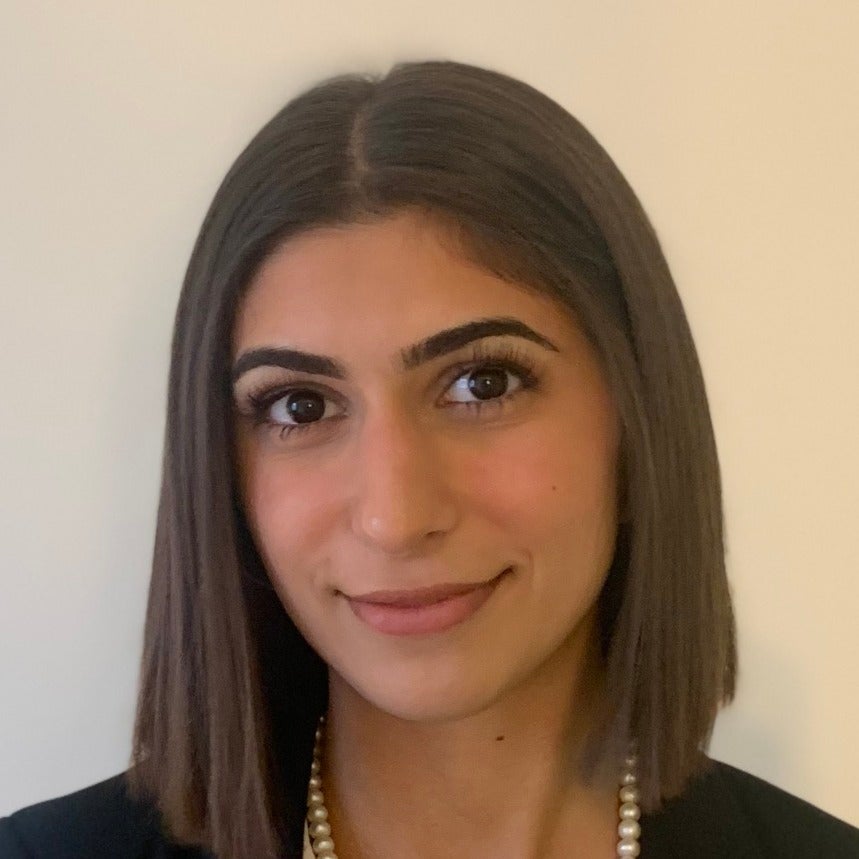
Around the world, June 16 is recognized as the International Day of the African Child.
This year’s theme, set by the African Union, is “Educate an African fit for the 21st Century: Building resilient education systems to ensure increased access to inclusive, lifelong, quality, and relevant learning in Africa.” Today, we celebrate African children’s leadership and resilience, and are called to action to address the systemic challenges they still face. According to UNICEF, Africa’s child population will reach one billion by 2055, making it the largest child population among all continents—a demographic powerhouse which will continue to shape the future. Simultaneously, girls and young women in African countries, and around the world, are facing a unique set of challenges as the climate crisis, conflicts, and democratic backsliding create significant barriers to their empowerment.
Strengthening our investments in and partnerships with African girls and young women is paramount in this shifting landscape.
Recognizing this, the U.S. government has made girls’ empowerment a top foreign policy priority through strategies like the 2016 U.S. Global Strategy to Empower Adolescent Girls. This strategy guides U.S. global efforts to support and empower girls by removing barriers that hinder the achievement of their full potential, aligning with other U.S. policies dedicated to advancing gender equity and equality, such as the 2022 U.S. Strategy to Prevent and Respond to Gender-Based Violence Globally, U.S. Strategy on Global Girls’ Civic and Political Participation 2023, and the U.S. Government Strategy on International Basic Education (2024–2029). Importantly, these strategies recognize girls’ education as one of the most powerful forces for international development, economic prosperity, security, and stability. However, high rates of gender-based violence, including child, early, and forced marriage (CEFM), impede girls’ access to education, limit their economic participation, and expose them to additional forms of gender-based violence (GBV). While the practice of CEFM has continued to decline globally, West and Central Africa, the region with the highest prevalence of CEFM, has made little progress over the last 25 years.
The Department of State has taken many steps to implement the U.S. Global Strategy to Empower Adolescent Girls since 2016, including across the African continent (see States’ 2022 report here). For example, in 2023, the Department of State provided $5 million in Fiscal Year 2023 funding through IO&P for the UNFPA-UNICEF Joint Programme on the Elimination of Female Genital Mutilation and, for the first time, announced a $500,000 contribution to the UNFPA-UNICEF Global Programme to End Child Marriage. With focus countries primarily on the African continent, these programs are working to support adolescent girls and their families across a range of interventions.
As we commemorate the International Day of the African Child, the Department reaffirms its commitment to amplifying the voices of African girls and young women and supporting all children and young people. Together, let us strive for a future where every child has the tools and opportunities to realize their full potential and build a better tomorrow.
Sascha Schroff is a Virtual Student Foreign Service intern with the Secretary’s Office of Global Women’s Issues









